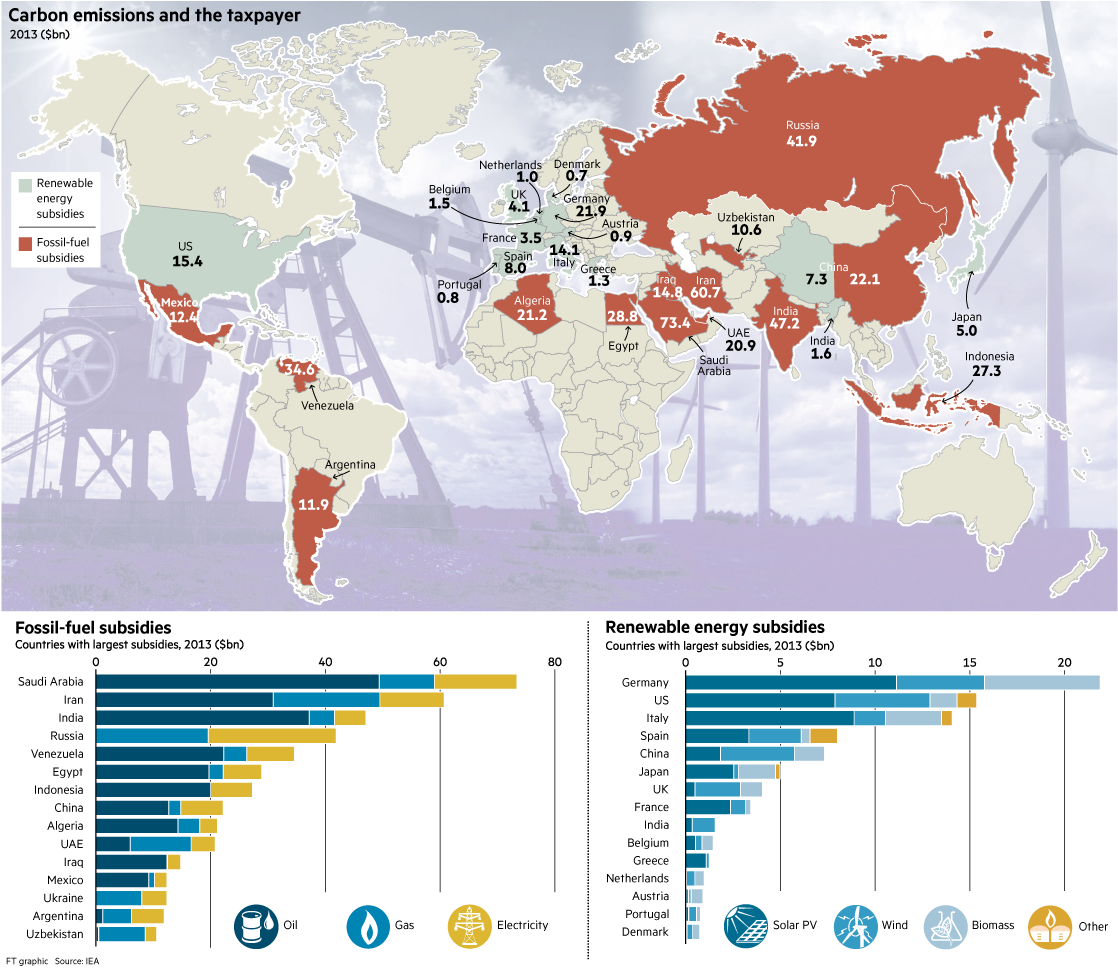GotNoRice
[H]F Junkie
- Joined
- Jul 11, 2001
- Messages
- 12,015
People also forget how polluted coal is as a source. Uranium, thorium, arsenic, mercury, lead etc. All gets burned and a lot goes up the chimney and spreads over the area.
Funny how environmentalists always bring this up when touting renewables, but somehow this isn't a good enough reason to go with Nuclear, even though Nuclear doesn't pollute anything and is the only tech realistically able to replace Coal.
![[H]ard|Forum](/styles/hardforum/xenforo/logo_dark.png)
